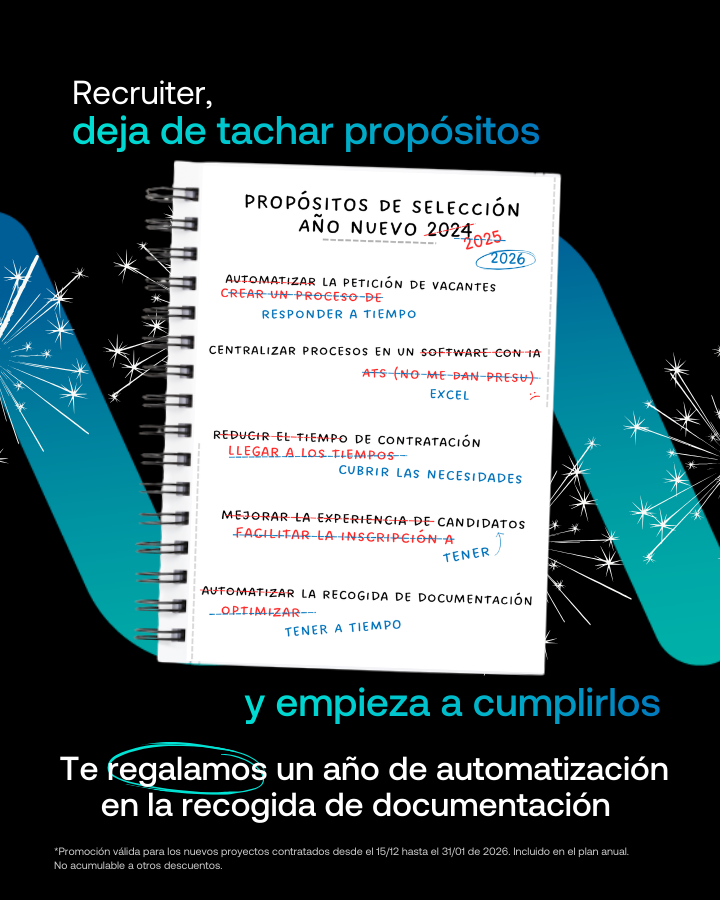LGTBIQ+ and discrimination in the work environment

Discrimination against LGBTI people at work: 90% consider that being so is “an inconvenience” in finding employment
Traditionally, Spain has been considered to be one of the countries most respectful of the LGBTI community. However, there is still a long way to go to achieve real and effective equality.
Most LGTBI people (90%) consider their sexual orientation or gender identity to be “an inconvenience” when it comes to finding a job, and a similar percentage, 86.6%, consider it necessary to hide it when doing an interview.
In addition, as evidenced by the UGT report in the LGTBI area, four out of ten trans people say that they have been rejected in interviews for this reason.

COLLECTIVE AGREEMENTS
Only three out of ten collective agreements of Spanish companies have clauses that refer to the protection of LGBTI people.
This means that in 70% of the agreements, people in this group are unprotected or there are no measures to combat discrimination and “LGBTIphobia”, and the few that do have them are more a declaration of intent than measures of practical application.
In addition, for trans people, the reality is much more alarming. Of all the collective agreements, analyzed by the report drafted by the UGT, none have clauses that refer to trans people at work, their protection or specific needs. In other words, trans people are totally unprotected in collective bargaining.
86% HIDE THEIR SEXUAL ORIENTATION
90% of LGBTI people have considered it an inconvenience when it comes to finding employment.
86% think that it is necessary to hide their sexual orientation to be able to access a job with less difficulty and three out of four people have been afraid to reveal their orientation at work because of possible prejudice or retaliation.
This report also reveals how, four out of ten LGBTI workers claim to have experienced aggression or witnessed it at work, to have suffered jokes, disparaging comments, insults... etc.
Environment in the workplace
Although there are social initiatives, the task of working on diversity must also come from organizations.
Many companies do “image whitening” by selling their products to LGTBI people or showing that they have the “LGTBI friendly” seal
And they don't really take any steps to prevent this type of harassment. Homophobia, biphobia and transphobia are in schools, at work, on the streets,... the difference is that we spend many hours in the office and if you see a risky situation, you can't run away at work.
IMMEDIATE STEPS WE CAN TAKE
Include clauses in collective bargaining so that agreements include sexual, family and gender diversity.
In addition, propose general anti-discrimination clauses or other clauses to extend rights to homoparental families. Without a doubt, the most important thing would be to incorporate a protocol against harassment based on sexual orientation and gender identity, so that, in all workplaces, the company's social bank has the capacity to act if they know of aggression or any type of violence against a person because they are LGBTI.
Integrating diversity within the company means, for the entire organization, strengthening the feeling of equality for all. Understand how diversity provides the most benefit, understand how each person can contribute something that otherwise would not be obtained. That means greater innovation
We must understand what type of society we live in and in what way we want to integrate into it. Our organization must be an example and mirror where everyone can reflect themselves. This means being able to open the doors so that all employees can express their sexual orientation without fear.

.jpg)
Fulfill your selection purposes
Recruiter, fulfill your recruitment purposes in 2026 with the help of Velora. And as a gift, a free year on automatic document request.

Related articles
More articles to inspire your HR strategy









